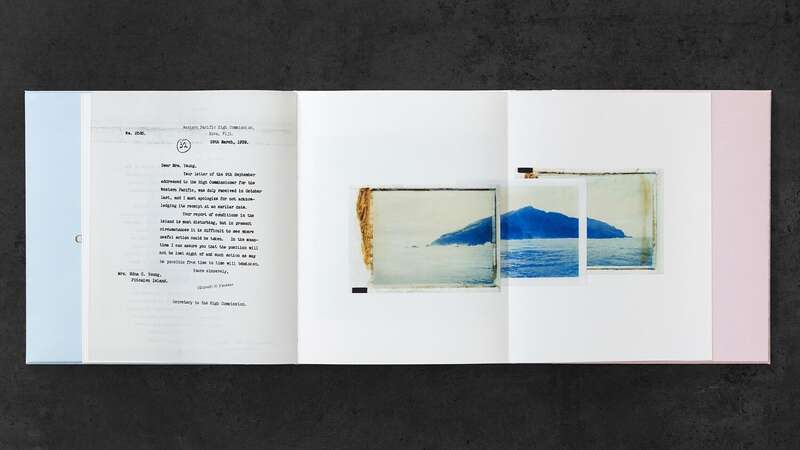If I tried to show you a book about a tiny pacific island home to just 50 people, you might ask, what relevance can this possibly have for me? But coming across Rhiannon Adam’s Big Fence, I was instantly struck not only by the depth of the work but also by the important lessons it holds for communities everywhere.
In 2015, Adam went to stay on Pitcairn Island, an isolated remnant of the British Empire. The island is culturally significant because of its role in the 1790 HMS Bounty mutiny, immortalised in numerous Hollywood films. At the time, Pitcairn was also grappling with the aftermath of a 2004 child sexual abuse case, which led to the imprisonment of eight men, equivalent to almost 20 percent of the population. Adam was effectively marooned in this context for ninety-six nights because of the infrequent arrival of supply boats to the isolated location, and what resulted is a remarkable examination of the island’s history, the child abuse scandal, and Adam’s experiences as an outsider there.
What really stuck with me about her book is how rich it is in narrative and design, a physically complex object featuring a range of inserts, maps, family trees, engravings, texts, poems, legal documents, and, of course, photographs. Despite initial reticence from many of the islanders, she persisted with the project, ultimately collecting interviews, family photographs, and other ephemera. This all makes for a heady mix of materials, which a less skilled storyteller might have struggled to make sense of. But in Adam’s hands, what results is a powerful and thoughtful analysis of the dynamics and dangers inherent to all communities, whether isolated or not.
Note to the reader. This article is part of Trigger’s 2023 ‘Summer Read’ series. We invited writers, researchers, photographers and curators to share what is currently occupying their mind through one publication they have been (re)reading during summer. What matters to them is now being recast as a challenge for today. Highly personal entries to a diversity of publications (photobooks, studies, monography, essay, historical research) lead us – readers of these readers – to reorient our gaze on (the history of) images and photography.
